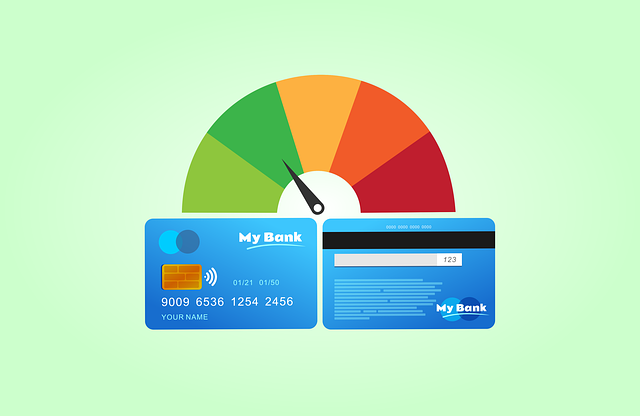A good credit score ranges from the high 600s to the mid-700s, but credit scores can differ among the three major credit bureaus—Equifax, Experian, and TransUnion—since not all creditors report to all three bureaus. Additionally, various scoring models exist, further complicating the credit scoring landscape.
Introduction
Credit scores play a significant role in our financial lives, influencing our ability to secure loans, credit cards, and favorable interest rates. But what exactly is a good credit score? Let’s explore the basics of credit scores and understand how they can impact your financial journey.
What is a credit score?
A credit score is a three-digit number that typically ranges from 300 to 850. It is calculated based on information in your credit report, which includes your payment history, debt levels, and credit history length. Different scoring models exist, incorporating various data points to determine your creditworthiness. Lenders and creditors, such as banks, credit card companies, and car dealerships, use credit scores as one factor when evaluating your credit application. Your credit score helps them assess the likelihood of you repaying the money they lend.
It’s important to note that there is no universal “magic number” that guarantees better loan rates and terms because each person’s financial situation is unique. However, we can generally categorize credit scores as follows:
- Poor credit scores: Ranging from 300 to low-600s, poor credit scores make it challenging to obtain loans or unsecured credit cards. While it may limit your options, there are credit-building products available, such as secured credit cards, to help improve your credit over time.
- Fair to good credit scores: Ranging from low-600s to mid-700s, these credit scores offer better prospects for loan approval. However, applying for new credit may result in a temporary negative impact on your scores due to hard inquiries. It’s essential to compare options and consider preapproval or prequalification to gauge potential terms.
- Very good and excellent credit scores: Above mid-700s, these top credit scores enhance your chances of loan and credit card approvals with low interest rates and favorable repayment terms. Although having excellent credit is advantageous, other factors like debt-to-income ratio can still affect your application outcome.
It’s crucial to understand that credit scores can differ among the three major credit bureaus—Equifax, Experian, and TransUnion—since not all creditors report to all three bureaus. Additionally, various scoring models exist, further complicating the credit score landscape.
How to improve your credit score?
To maintain or improve your credit score, there are some tried-and-true behaviors to adopt:
- Pay your bills on time, including accounts beyond credit cards. Late or missed payments on other accounts, like cell phones, can impact your credit scores.
- Pay off your debts as quickly as possible.
- Keep your credit card balances well below the credit limit. A high balance relative to your limit can affect your credit score.
- Apply for credit sparingly. Multiple credit applications within a short period may lower your credit score.
- Regularly check your credit reports for accuracy and completeness. You are entitled to a free copy of your credit reports every 12 months from each of the three credit bureaus. By requesting a copy from one bureau every four months, you can monitor your reports throughout the year. Checking your own credit report or score does not affect your credit score.
Understanding your credit score and the factors that influence it is crucial for making informed financial decisions. A good credit score can open doors to better loan offers and favorable terms. However, it’s essential to consider other aspects, such as income and lender criteria, as credit scores are just one part of the evaluation process.
Remember, while a perfect credit score of 850 is possible, it may not be necessary to qualify for the best loan rates. Once you enter the “very good to excellent” range, minor differences in scores may not significantly impact the terms offered. Monitoring your credit reports regularly through services like Credit Karma can help you stay on top of your credit health.
Credit score requirements
When it comes to specific scenarios like buying a house, renting an apartment, getting approved for a credit card, or securing a car loan, credit score requirements can vary. For example, first-time homebuyers in the U.S. typically need a credit score around 684. Renting an apartment depends on individual landlords’ criteria. Credit cards and car loans are available even with poor credit, but higher interest rates may apply. Over time, responsible credit behavior can improve your credit score and provide access to better financial opportunities.
Conclusion
In conclusion, a good credit score ranges from the high 600s to the mid-700s, but it’s important to consider your individual circumstances. By understanding credit scores, practicing responsible credit behavior, and staying vigilant with credit monitoring, you can navigate the world of credit with confidence.



